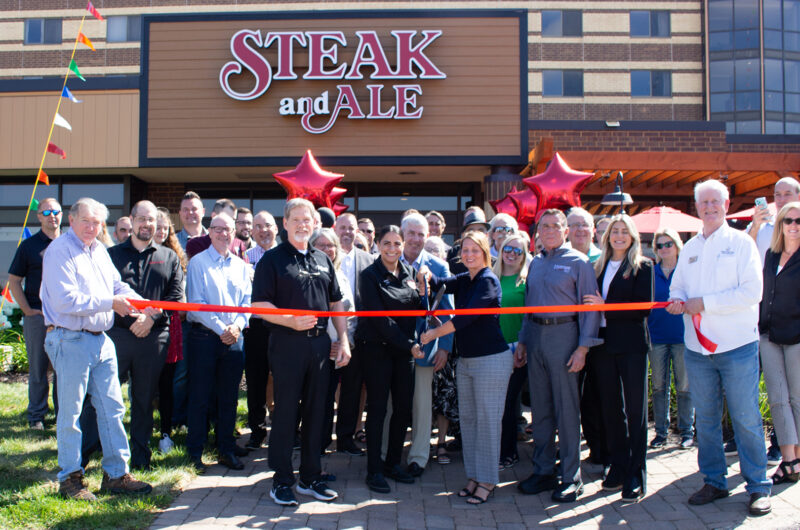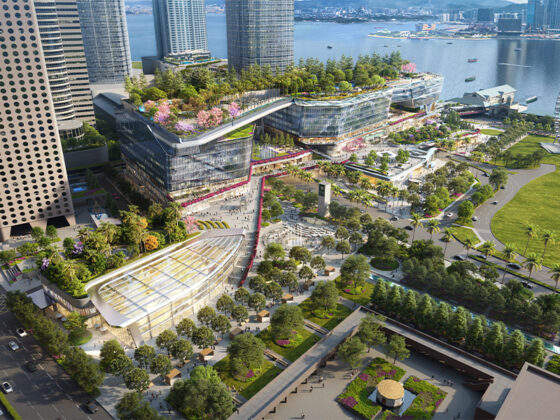
Challenges in hotel development and how to overcome them
Hotel development is complex and there are many obstacles to success. Navigating these requires strategic planning, adaptability and innovative solutions. Let’s look at some of the key challenges in hotel development and strategies to overcome them.
Financing difficulties
Securing adequate funds can be one of the most significant challenges in hotel development as high upfront costs and long payback periods can deter potential investors and lenders.
You can overcome this by developing a comprehensive business plan that includes detailed financial projections, a clear return on investment analysis and risk mitigation strategies. Building strong relationships with financial institutions, exploring public-private partnerships and diversifying funding sources can also help secure the necessary capital.
Regulatory and zoning issues
Navigating local legal requirements can be complex and time consuming. These regulations can impact site selection, design and construction timelines.
To handle this, engage with local authorities early in the process to understand all zoning and regulatory requirements. Hiring experienced legal counsel and consultants specializing in local regulations can help streamline compliance and avoid potential legal hurdles.
Site selection
Choosing the right location involves more than just market demand; environmental assessments and site-specific challenges can complicate the process.
The solution is conducting thorough due diligence, including impact assessments and feasibility studies. Work with environmental consultants to identify potential issues and develop plans for any problems that might come up. Selecting a site with fewer environmental concerns can also speed up development.
Construction delays and cost overruns
Timeline problems and budget issues during construction can significantly impact the project timeline and profitability.
To combat this, you should implement rigorous project management practices, including detailed project planning, regular progress monitoring and continuous stakeholder communication. Having contingency plans and selecting reputable contractors with a proven track record can also help avoid delays and control costs.
Market volatility
The hospitality sector can be unpredictable, with fluctuations in demand due to economic cycles, seasonal variations and unforeseen events such as environmental disasters or health concerns.
The answer is to conduct ongoing market research to stay informed about trends and potential risks and develop flexible business models that can adapt to changing market conditions. Diversifying the hotel’s revenue streams by incorporating conference facilities or extended-stay options can also provide stability.
Operational challenges
Once the hotel is open, maintaining high service standards and managing day-to-day operations can be challenging.
The way around this is to invest in comprehensive staff training programs to ensure consistent service quality and implement advanced management systems for reservations, property and customer relationships. It is also worth reviewing and optimizing operational processes regularly based on guest feedback and performance metrics.
Competitive landscape
Standing out in a busy market requires a unique value proposition and continuous innovation to differentiate yourself from other hospitality companies.
Try differentiating your hotel through unique design, exceptional service and targeted marketing strategies. Continuously innovate by adding new technologies, more sustainable practices and personalized guest experiences. Regularly benchmarking against competitors can also help identify areas of improvement and ways of standing out from the crowd.
Risk management
The inherent risks in hotel development, including economic downturns, natural disasters and changes in consumer behavior, require proactive management.
Many hotels develop a plan that includes identifying potential risks, assessing their impact and implementing strategies to avoid them. Insurance, diversification and having financial reserves can also help manage unforeseen events.
How to become an expert in hotel development
While guiding a hotel from conception to success can be daunting, it can also be an exciting and interesting career. If you want to work in this field, there are a few ways to build the skills and knowledge you need.
Pursue relevant education
A strong foundation of knowledge is crucial for understanding the broad nature of hotel development. Several academic paths can provide the necessary knowledge and skills. For example, enrolling in a hospitality management program can offer comprehensive insights into the hotel industry, covering areas such as hotel operations, finance, marketing and strategic management.
Degrees in real estate, urban planning or architecture can provide a deeper understanding of site selection, zoning laws and the intricacies of construction and design. Alternatively, a background in business administration or finance would be beneficial for mastering the financial aspects of hotel development, including investment analysis, budgeting and revenue management, although many hospitality degrees cover this as well.


